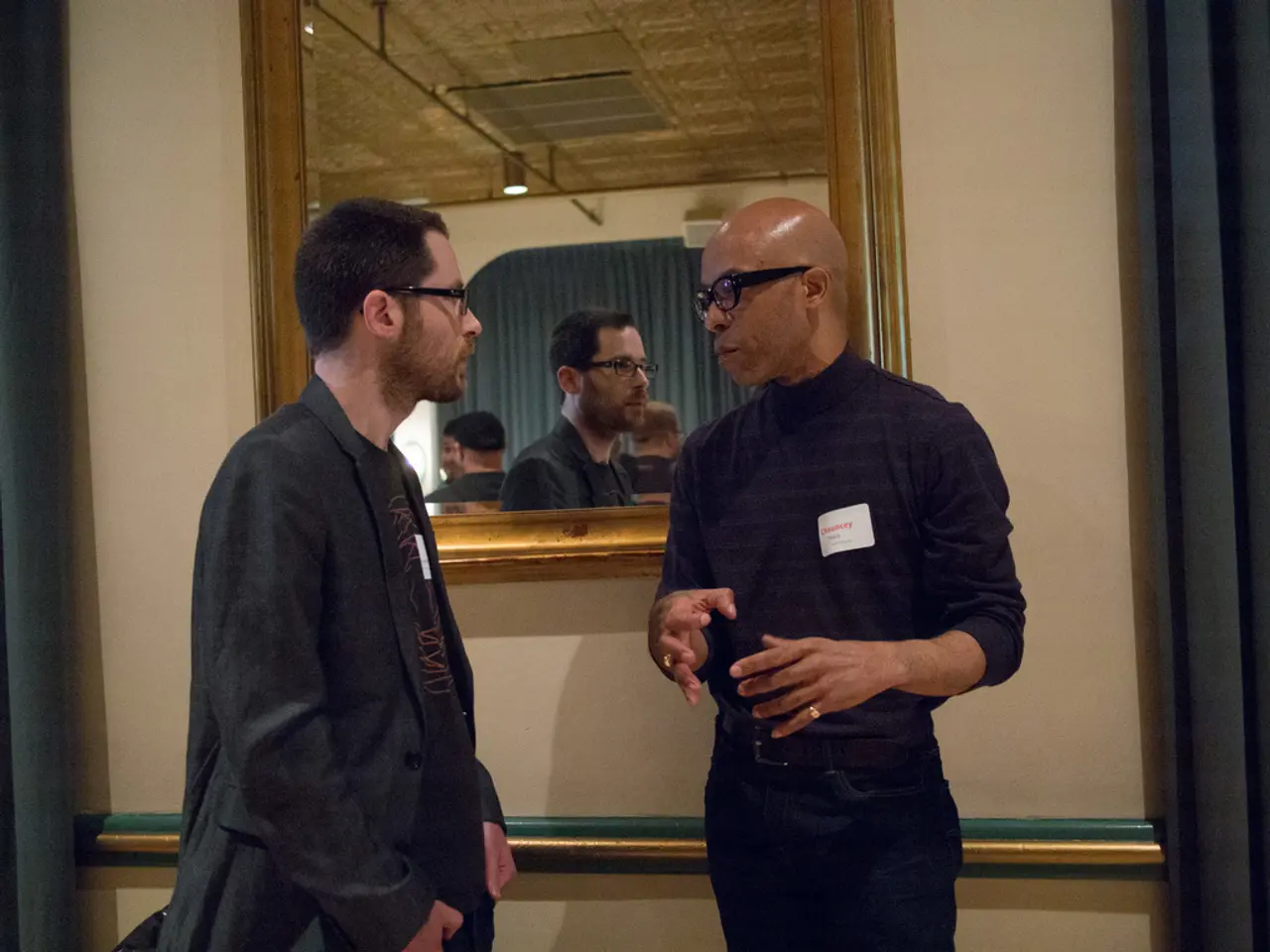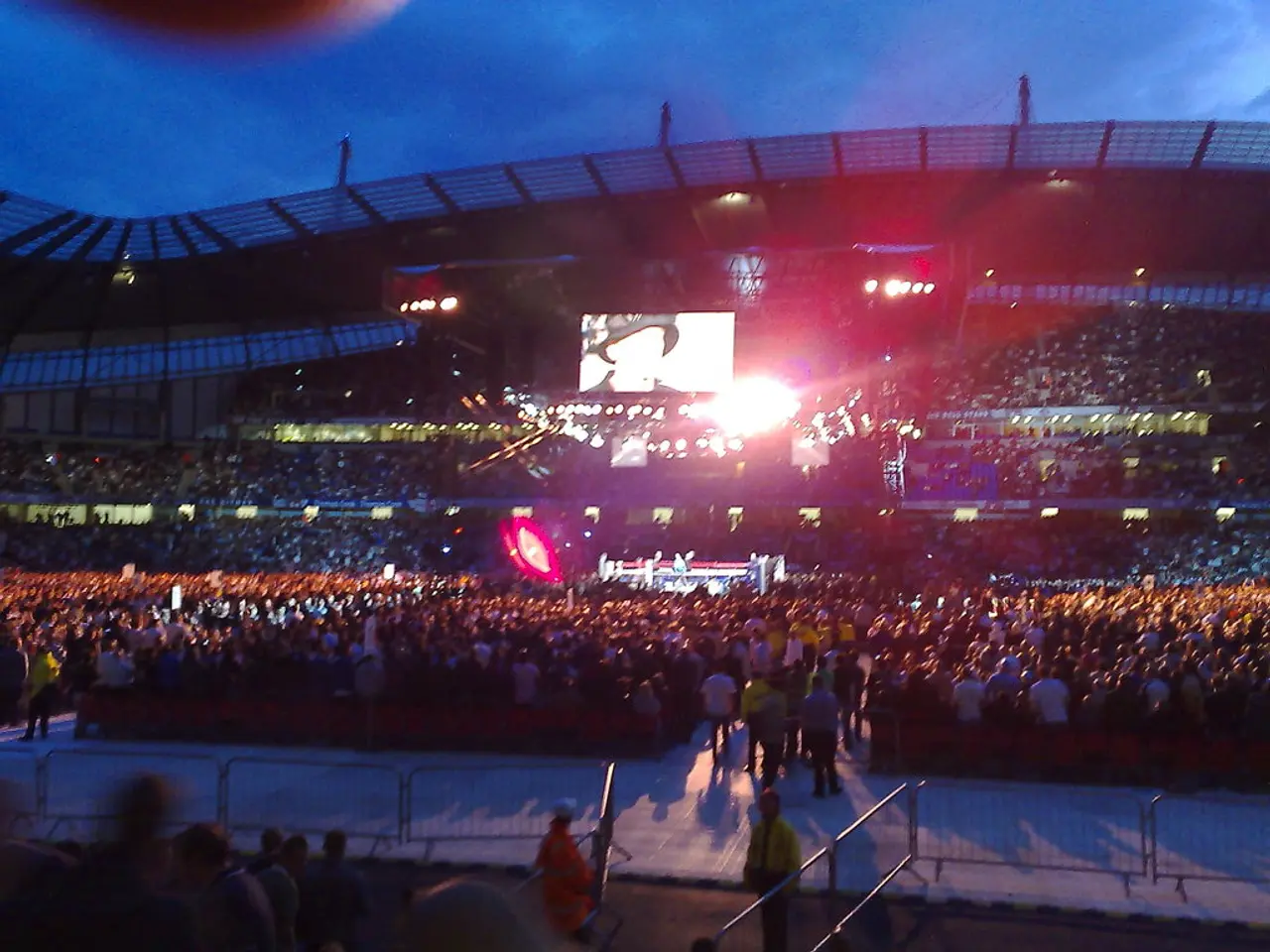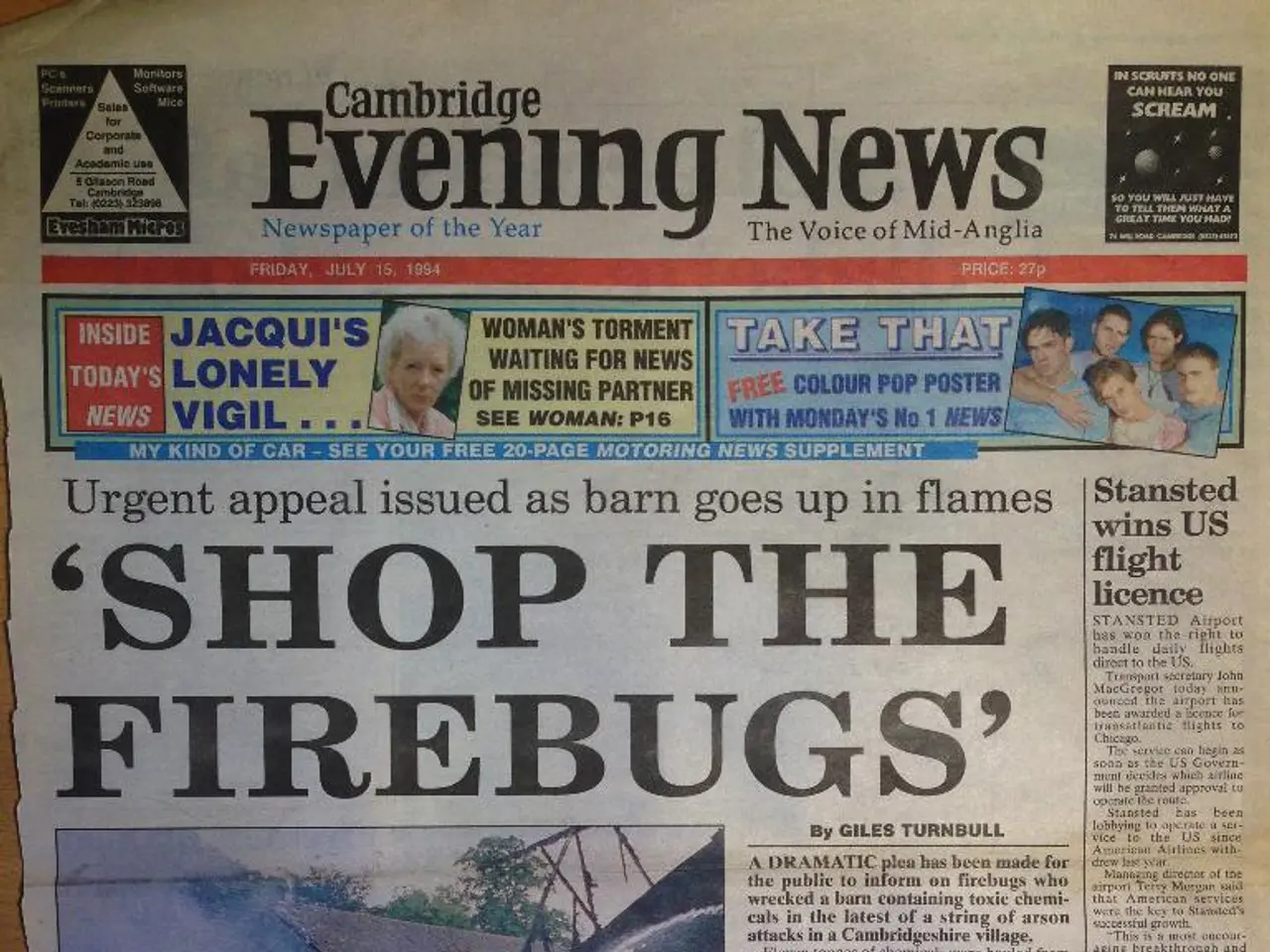"Dubai Chocolate" Fiasco: False Advertising Laws Send Shockwaves Through Sweets Industry
Revised Designation for 'Dubai Chocolate' Advertisements Strengthened by OLG
Facebook Twitter Whatsapp E-Mail Print Copy Link Dubai Chocolate makers, beware! The Higher Regional Court of Cologne has officially put an end to deceiving customers with impostors. In a historic verdict, the court prohibited the use of the term "Dubai Chocolate" for products not originating from the Arab emirate.
The recent rulings, which have made headlines across Germany, stem from four lawsuits filed against providers of "Dubai Chocolate." The court found the products to be misleading, as they failed to meet the highly exclusive Dubai standards that consumers have come to expect. The four cases - AZ: 6 U 52/25, 6 U 53/25, 6 U 58/25, 6 U 60/25 - all resulted in an injunction against using the deceptive advertising term (AFP).
In one instance, the Regional Court of Cologne had already imposed an interim ban. The court ruled that "Dubai Chocolate" must have a connection to Dubai. The remaining cases did not initially receive the same treatment; however, the Higher Regional Court intervened, declaring the distribution of these products to be impermissible in all four cases. In an expansion of the restrictive measures, the court also expanded the prohibition on the advertising description "Dubai Chocolate."
The ruling was prompted by a genuine hype surrounding the so-called Dubai Chocolate in Germany. Long lines of eager customers waited for hours outside stores to get their hands on the popular treats during the holiday season. Dubai Chocolate, made with pistachio cream and Angel Hair strands, has become a phenomenon thanks to social media (ntv.de).
Turkish producers and other sellers argued that "Dubai Chocolate" is merely a generic term for a product with a distinctive recipe, irrespective of its place of origin. The court declined this argument, citing the high simultaneous recognition among consumers of the term as associated with a specific geographical location [3].
The Higher Regional Court of Cologne's decision highlights the importance of accurate advertising and product labeling. In markets like the UK, food safety authorities underscore the need for clear origin indication, ingredient lists, and allergen information, particularly for products claiming regional or exotic provenance. This legislation ensures that consumers are not misled about the true origin or contents [2].
In conclusion:
- Dubai Chocolate is a recognizable term associated with a geographical location, per Higher Regional Court of Cologne rulings [3].
- Using the term "Dubai Chocolate" for products not made in Dubai is illegal, as it deceives customers.
- Accurate labeling and advertising are crucial to prevent customer confusion and maintain consumer trust [2].
Henceforth, the Dubai Chocolate industry must adapt to the new regulations or face legal consequences. scores of vendors vying for success, only those willing to play by the rules will stand a chance in the competitive market.
- The Commission has yet to adopt a proposal for a directive on the approximation of the laws of the Member States relating to the protection of workers from the risks related to exposure to ionizing radiation.
- In contrast, policy-and-legislation in the food-and-drink industry, particularly for products claiming regional or exotic origin, emphasizes the importance of clear origin indication, ingredient lists, and allergen information to prevent misleading consumers.
- Cooking can be a part of one's lifestyle, but it is essential to adhere to global-cuisines' authenticity and origin as there are legal consequences, such as the recent ruling on Dubai Chocolate.
- The ruling on Dubai Chocolate highlights the politics involved in policy-and-legislation, demonstrating that governments prioritize consumer protection and trust over maintaining the competitive edge of specific industries.





